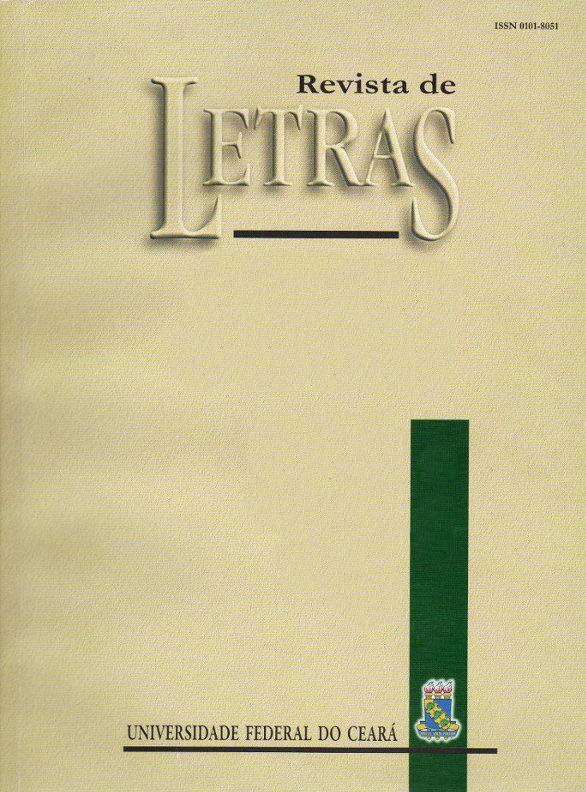La La traducción de la ironía: Memórias póstumas de Brás Cubas de Machado de Assis
Abstract
Abstract
The translation of irony is a complex task, not only because to transmit it with quality the translator needs the necessary skills to understand it in its entirety, but also because subjective aspects are involved in its production, linguistic, socio-cultural and specifically translation. The skills which will enable the translator to successfully complete both the comprehension phase of the original text and the expression phase in the target language are the humorous competence of Raskin (1985) and the principle of cooperation of Grice (1975). In addition, translation competence is obviously a fundamental component since, according to the techniques used, irony can be correctly transferred to the target language, partly altered or transmitted in an erroneous way. This article analyses the elements necessary for creating and understanding irony and, in particular, the on the other hand, some examples of translation from Portuguese to Spanish of certain ironic passages taken from the novel The Posthumous Memoirs of Brás Cubas by the Brazilian writer Machado de Assis are commented.
Downloads
Downloads
Published
How to Cite
Issue
Section
License
Copyright (c) 2024 Ana María Díaz Ferrero, Egisvanda Isys de Almeida Sandes

This work is licensed under a Creative Commons Attribution 4.0 International License.
Autores que publicam nesta revista concordam com os seguintes termos:- Autores mantêm os direitos autorais e concedem à revista o direito de primeira publicação, com o trabalho simultaneamente licenciado sob a Licença Creative Commons Attribution que permite o compartilhamento do trabalho com reconhecimento da autoria e publicação inicial nesta revista.
- Autores têm autorização para assumir contratos adicionais separadamente, para distribuição não-exclusiva da versão do trabalho publicada nesta revista (ex.: publicar em repositório institucional ou como capítulo de livro), com reconhecimento de autoria e publicação inicial nesta revista.
- Autores têm permissão e são estimulados a publicar e distribuir seu trabalho online (ex.: em repositórios institucionais ou na sua página pessoal) a qualquer ponto antes ou durante o processo editorial, já que isso pode gerar alterações produtivas, bem como aumentar o impacto e a citação do trabalho publicado (Veja O Efeito do Acesso Livre).

.png)





.png)
